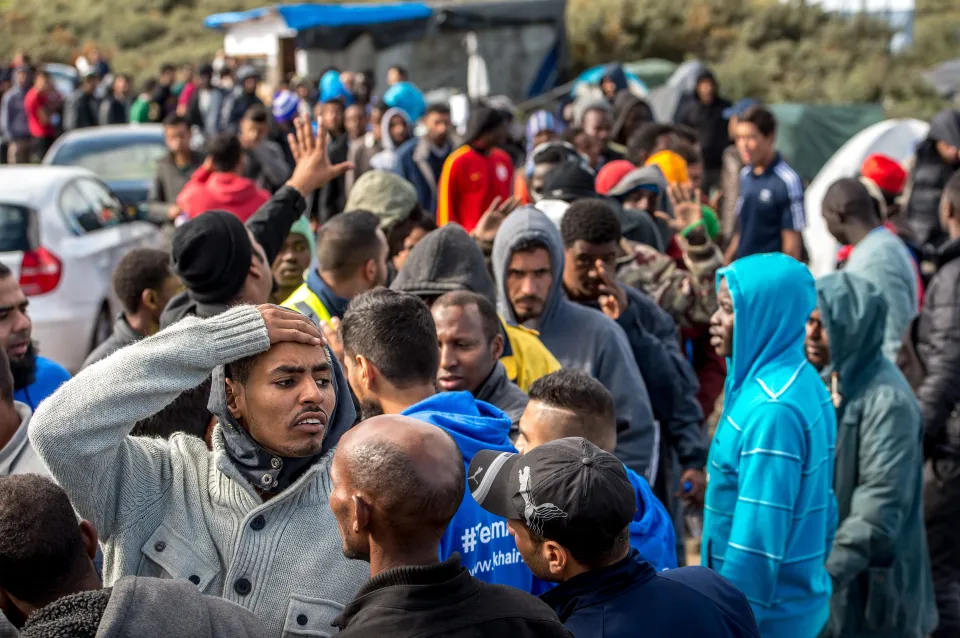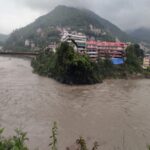
In a significant move to address the issue of illegal immigration from Bangladesh and Myanmar, the Ministry of Home Affairs (MHA) has directed all states and Union Territories to complete the verification of such immigrants within the next 30 days. This directive aims to streamline the identification process and take appropriate action, including deportation and the establishment of detention centres for those found to be residing unlawfully in India.
Centralized Investigation Initiative
The MHA has initiated a comprehensive investigation into cases involving illegal Bangladeshi nationals residing in India. In a recent meeting, instructions were passed to all states and UTs to investigate these cases as umbrella cases and identify individuals who have assisted illegal immigrants in obtaining documents such as Aadhaar cards and other citizenship-related documents. The goal is to identify and prosecute those involved in facilitating illegal immigration and document fraud.
State-Level Enforcement Measures
States like Odisha and Assam have already begun implementing measures to identify and deport illegal immigrants. Odisha has launched a campaign to identify and deport Bangladeshi nationals residing illegally in the state, driven by growing security concerns. Authorities are collaborating with various agencies to monitor infiltration routes and potential hotspots. Similarly, Assam has decided to abandon the previous approach of initiating legal proceedings against illegal immigrants and will instead push them back at the border to expedite the deportation process.
Challenges in Deportation
Despite the push for swift deportation, challenges persist. A significant roadblock is the refusal of Bangladesh to acknowledge and accept these individuals as its citizens, even after arrests and court convictions. This diplomatic deadlock often leads to delays in the repatriation process, as verification of nationality becomes a contentious issue.
Legal and Humanitarian Concerns
The MHA’s directive has raised concerns among human rights organizations regarding the treatment of refugees and the potential for violations of international norms. In a recent incident, Indian authorities allegedly forced at least 40 Rohingya refugees into the sea near the Myanmar border after removing their restraints and giving them life jackets. The United Nations condemned the act as a serious violation of the international non-refoulement principle, which prohibits returning individuals to a country where they may face harm.
State Responses to Refugee Data Collection
While the central government has directed states to collect biometric data of illegal immigrants, some states have resisted. Mizoram, for instance, has decided not to collect biometric details of refugees from Myanmar and Bangladesh, citing concerns that it would amount to discrimination against people of their ethnic background. The state government has assured that no refugee will be deported or sent back until peace is restored in Myanmar and Bangladesh.
Implications for National Security
The MHA’s directive underscores the government’s focus on national security and the need to address illegal immigration effectively. By setting a clear deadline for verification and taking decisive action against illegal immigrants, the government aims to strengthen border security and ensure that individuals residing in the country do so legally.
Conclusion
The MHA’s 30-day deadline for states to verify illegal immigrants from Bangladesh and Myanmar marks a significant step in addressing the challenges posed by illegal immigration. While the initiative aims to enhance national security, it also raises important questions about the treatment of refugees and the balance between security concerns and humanitarian obligations. As states implement these directives, it will be crucial to ensure that actions taken are in compliance with international norms and respect the rights of individuals seeking refuge.




































Leave a Reply